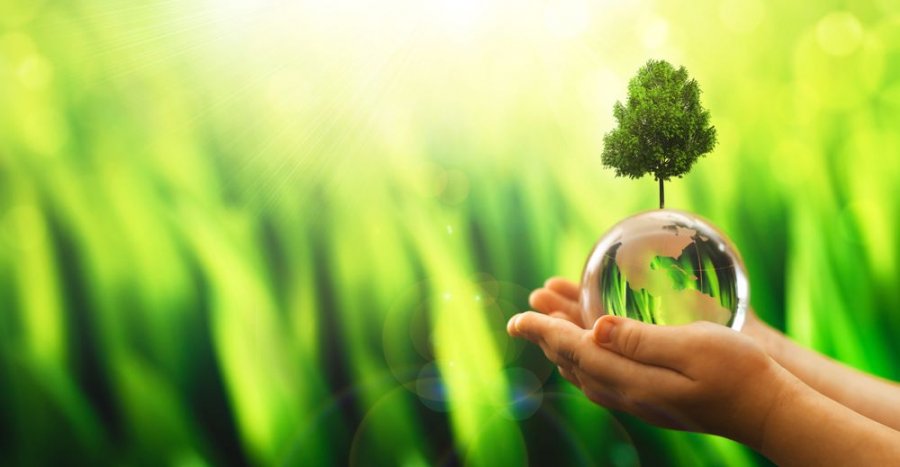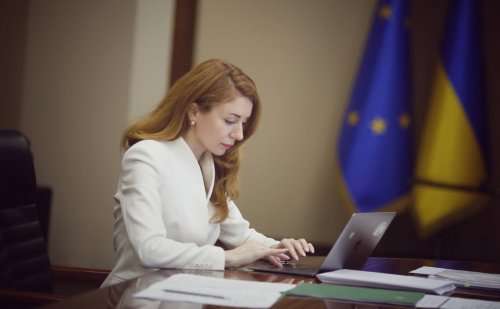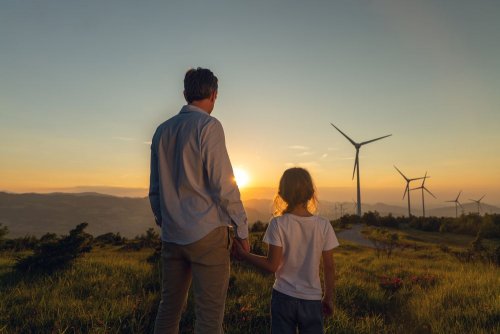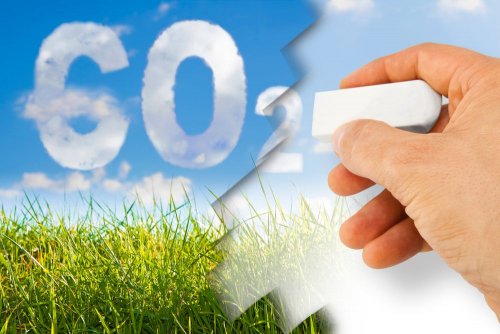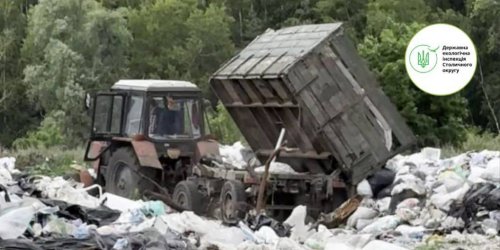<span style="font-weight: 400;">Experts believe that against the backdrop of Russian aggression, EU climate diplomacy should become less Eurocentric and more sensitive to the problems and priorities of other countries.</span>
<span style="font-weight: 400;">This is to convince other countries to accept the Green Deal and support the EU's green transition, according to <a href="https://euobserver.com/opinion/154655"> Euobserver.</a></span>
<span style="font-weight: 400;">The </span><span style="font-weight: 400;">material noted that pushing the Green Deal on the international agenda and in bilateral relations through trade and development , as well as foreign policy and security initiatives are not enough, because it can be seen as intrusive. </span><span style="font-weight: 400;">Speeches and promising green partnerships were also called insufficient.</span>
<span style="font-weight: 400;">EU domestic policy on taxonomy, increased European renewable energy production, agricultural policy and other green measures are influencing the global perception of the bloc's authorities.</span>
<span style="font-weight: 400;">After all, the difference between fighting internal challenges and dealing with what is happening in other countries leads to a loss of influence and accusations of double standards.</span>
<blockquote><span style="font-weight: 400;">"In addition to becoming more effective, successful and inspiring green fans, European climate diplomats also need to listen carefully to the concerns of others. That means a combination of self-confidence and perseverance with humility.It also means consultation and cooperation, not lectures and proselytizing "Europe knows best," the piece says.</span></blockquote>
<span style="font-weight: 400;">The EU's transformation over the single market in the 1990s raised worldwide concern that the bloc would prioritize domestic trade targets over its international trade commitments.</span>
<blockquote><span style="font-weight: 400;">“The EU officials who prepared the single market plan were oblivious to its impact on the outside world. And they - at least at first - did little to allay the fears of other countries, ”the article says.</span></blockquote>
<span style="font-weight: 400;">Today, the world is again watching the EU Green Deal with interest and awe. Once again, there are concerns about the global implications of the initiative and because EU leaders are too focused on the project's complex internal machinations to pay due attention to external representations.</span>
<blockquote><span style="font-weight: 400;">"This is a mistake. If Europe plays its cards right, the EU's plan to achieve climate neutrality by 2050 could be an inspirational guide for other countries and regions," writes Euobserver .</span></blockquote>
<span style="font-weight: 400;">To do this, the EU will need consistency in domestic policy making, messaging, and the development of a Global Green Deal narrative that, while focused on Europe’s complex domestic trajectory and challenges, is also sensitive to the concerns of the world .</span>
<span style="font-weight: 400;">A key priority for the EU should be to ensure that the Green Deal does not become another excuse for protectionism. The EU will lose any legitimacy - and the Green Deal will not be trusted - if Europeans succumb to the short-term temptation to use the climate crisis to protect some sectors of European agriculture and industry.</span>
<span style="font-weight: 400;">For many years, relations with the countries of Southeast Asia have been deteriorating due to restrictions by the European Parliament in 2018 on the use of palm oil in biofuels, excluding it from renewable energy. For many Asians, the move reflects the strength of European oilseed competitors rather than any scientific or environmental impact assessments.</span>
<span style="font-weight: 400;">Non-EU countries are still trying to figure out how the CBAM tax will be introduced and how it will affect their trade with the EU.</span>
<span style="font-weight: 400;">The EU also has the economic weight to shape international standards in line with its environmental and climate ambitions. But European climate diplomats must resist the temptation to use the sledgehammer to achieve their goals.</span>
<span style="font-weight: 400;">Countries are more likely to meet EU requirements if they are offered cooperation and cooperation with strong preconditions and restrictions.</span>
<blockquote><span style="font-weight: 400;">“All this will require sensitivity and a departure from Eurocentric sentiments and approaches. This will require greater willingness to use the EU aid budget, investments, technical assistance and capacity development programmes. As there is a war going on in Ukraine, Europe cannot afford to call the worst misunderstandings. The Green Deal should unite countries, not create global divides," the article says.</span></blockquote>
<span style="font-weight: 400;">Let us remind you that </span><span style="font-weight: 400;">the European press told how the war in Ukraine can</span><a href=" https://ecopolitic.com.ua/ua/news/ievropresa-rozpovila-yak-vijna-v-ukraini-mozhe-priskoriti-klimatichni-plani-ievropi/"> <span style="font-weight: 400;" >accelerate Europe's climate plans.</span> </a>
<span style="font-weight: 400;">As EcoPolitics reported earlier, it became known how Europe can</span><a href="https://ecopolitic.com.ua/ua/news/klimatichnij-politik -rozpoviv-yak-ievropa-mozhe-vidmovitisya-vid-importu-gazu-i-nafti-z-rf/"> <span style="font-weight: 400;">refusing to import gas and oil from Russia.< /span> </a>

